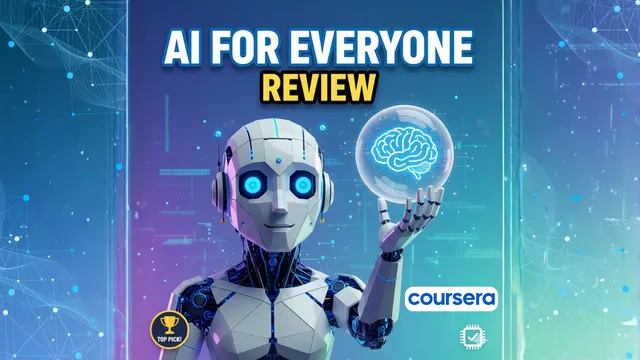Coursera Plus - Get Unlimited Access to 7,000+ Online Courses
Coursera Plus - Get Unlimited Access to 7,000+ Online Courses
Coursera Plus - Get Unlimited Access to 7,000+ Online Courses
I Completed “The Science of Well-Being” Course [Review]
Disclaimer: This post is NOT sponsored. Some product links are affiliate links which means if you buy through those links, you won’t pay anything extra and we’ll also receive a small commission on a purchase.
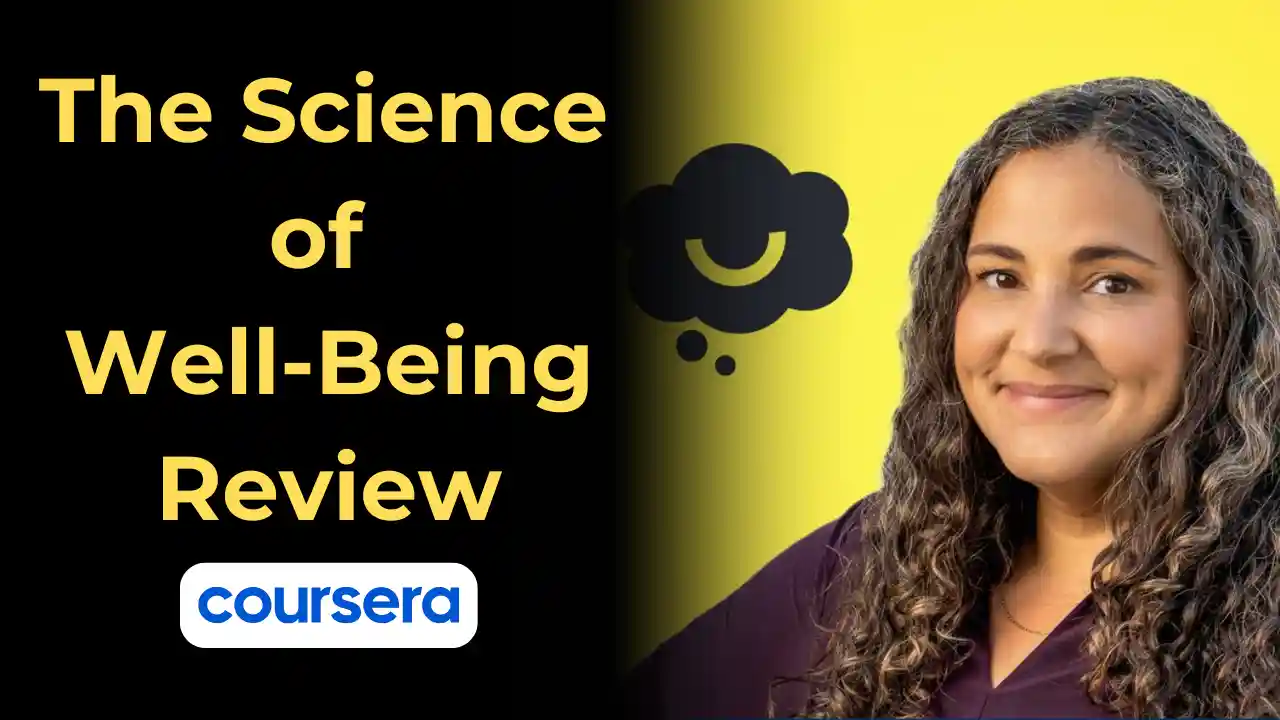
Happiness often feels elusive. Do we truly ever feel happy? Perhaps. Do we realize it? Maybe not. Does this course help us achieve happiness? Let’s find out.
My Science of Well-Being course review will reveal whether this course delves into the science of happiness and well-being, debunking myths and uncovering strategies that make a considerable difference. Ready for the ride of your life?
Before I share my thoughts, I want to give you a sneak peek at my official course completion certificate. Why? So you know that everything I’m about to share comes from my real, hands-on experience with the course. No theories, no second-hand info, just my genuine feedback to help you decide if this course is right for you.
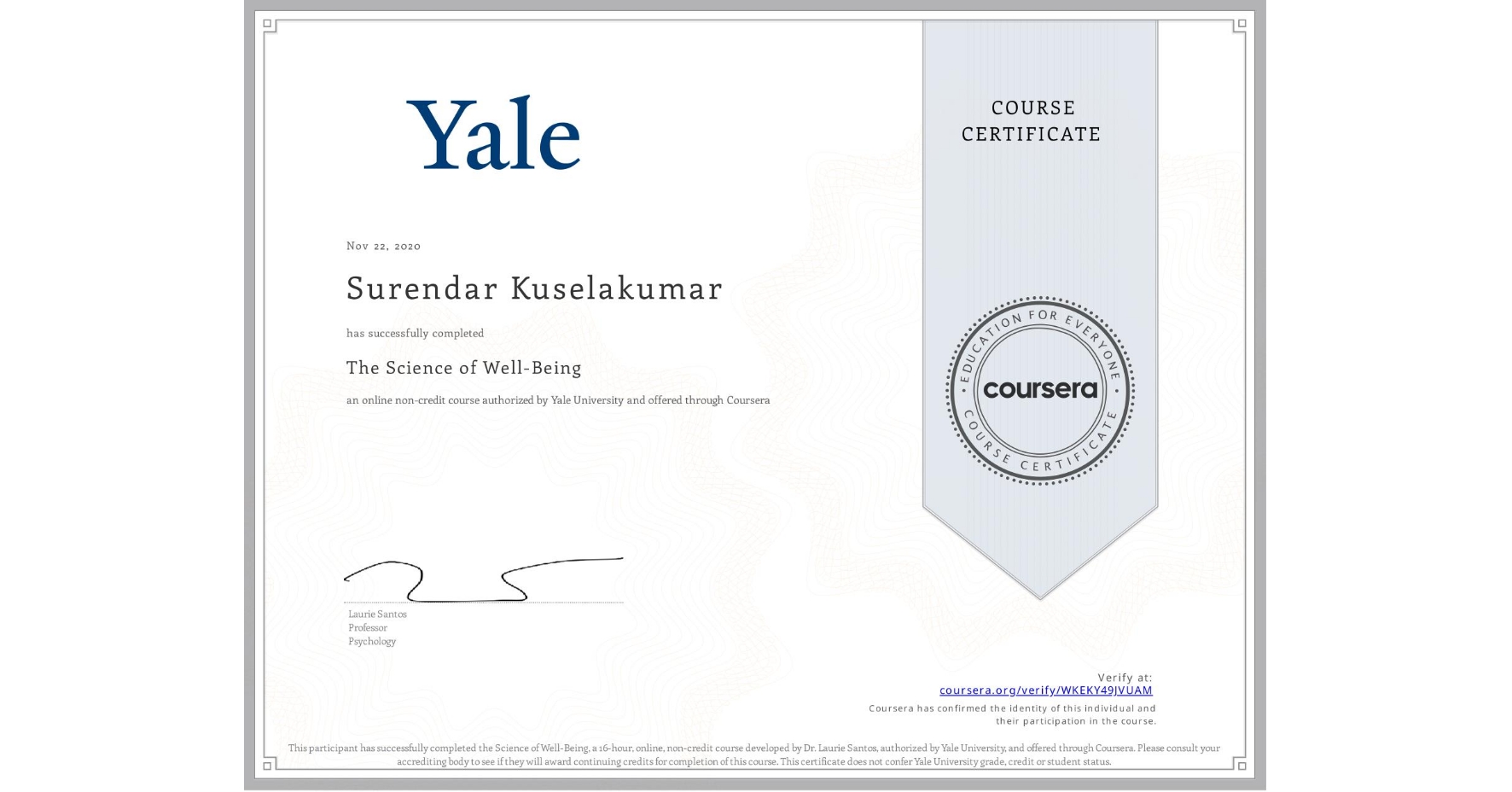
Quick Review
| The Science of Well-Being | Rating |
| Content Quality | 4.8/5 |
| Engagement Level | 5/5 |
| Instructor Expertise | 4.9/5 |
| Practicality | 4.2/5 |
| Value for Money | 4/5 |
| Community & Support | 4.3/5 |
| Overall Rating | 4.5/5 |
Pros & Cons
The Science of Well-Being course review won’t be complete without analyzing what’s appealing about the course and what needs some serious improvement, right? So, here’s what I think are the things that make the course shine and what detracts from the learning experience:
Who’s Teaching?
You will learn from the awesome instructor, Dr. Laurie Santos. She is a professor of Psychology and Cognitive Science at Yale.
The thing I liked the most about her is that she admitted to being sad even though she appeared cheery in the classes. She worked to practice the strategies she recommended right along with us. I respect the honesty.
Course Structure and Content
The course has 10 modules and takes approximately 19 hours to finish. However, don’t be intimidated by the course length. The bulk of the lecture content appears in weeks/modules 2-6. The readings are not required to pass the class. They simply direct you to research studies mentioned in the class. Look through them if you are interested in knowing more. Some recommended books for learning more are pretty good.
The quizzes are informative and fun, too. I flunked only one on my first attempt! Before making any judgemental comments, bear in mind that I was running low on caffeine when I attempted that quiz. Fortunately, none of the quizzes affect your final grade.
Module 1 of the course is the introduction part that provides an overview of what we are about to learn. You will have a clear idea of what to expect from the course, and why it was created in the first place. A different version of the course is also available for teens and teachers. So, what does each module teach us? Let’s see that, shall we?
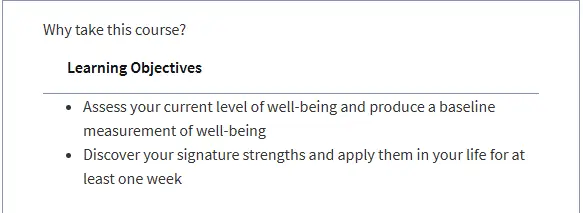
Module 2 explains the misconceptions about what constitutes happiness. What people think will make them happy usually doesn’t. Could we be so wrong? Well, research backs this claim. It was surprising to find out how money makes us less happy than we think. Apparently, a materialistic view makes us less happy. Go figure.
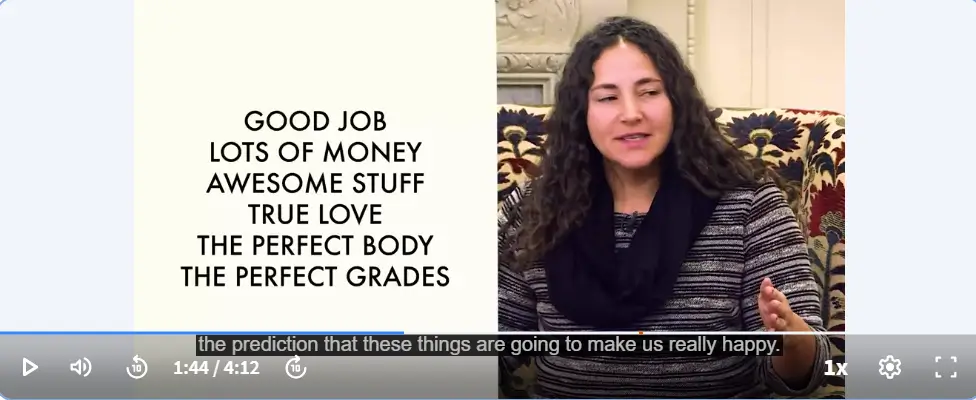
She also discusses other stuff that we think would make us happy. The point? Some things do make us happy, but only temporarily. We can do well even without them. Others leave us worse off. In short, she turns our world upside down by debunking what we think will lead to happiness.
Module 3 discusses the annoying features of the mind – the reason our predictions and expectations are so off the mark. We learn about how our mind’s intuitions are often wrong, the detrimental effects of social comparison, and our mind getting used to things. The saddest thing? We don’t realize that we get used to things. We also learn how focalism and immune neglect lead to misprediction.
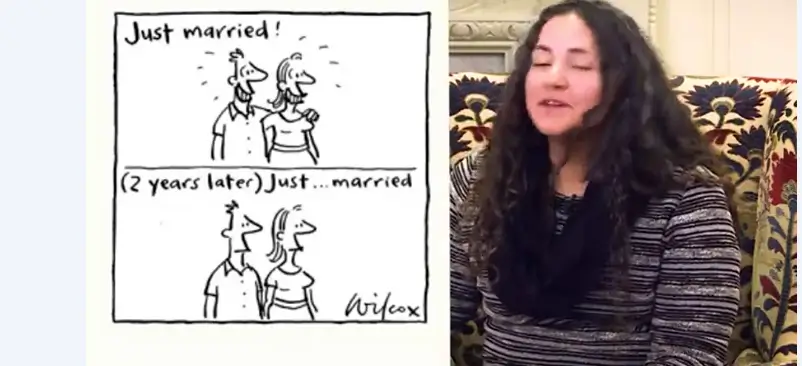
In Module 4, Laura Santos recommends some practices to combat our brains’ biases. Module 5 puts forth what makes us happy as opposed to what we think makes us happy. We also learn about fixed and growth mindsets. It was an eye-opening explanation. The interview with Dr. Elizabeth Dunn, a professor of psychology at the University of British Columbia and co-author of Happy Money provides valuable insights.
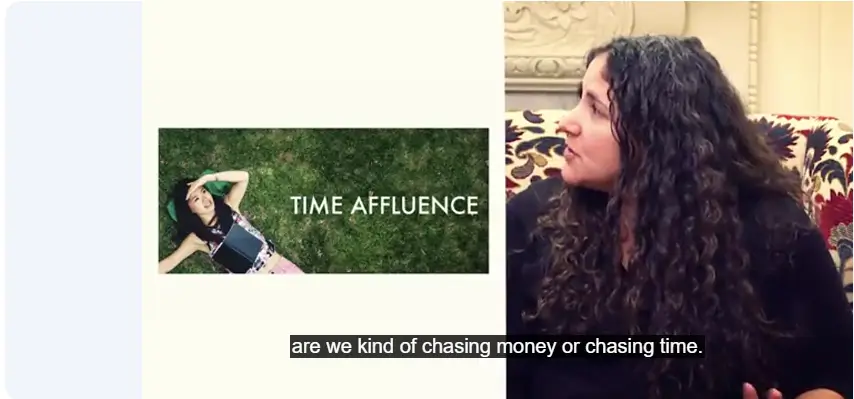
The Diener and Seligman (2000) and the Epley and Schroeder (2014) studies are very intriguing. Moreover, the interview with Nick Epley, professor of behavioral science, about social miswanting is enlightening. You will also better understand time affluence, mind wandering, and the significance of exercise and sleep. Briefly put, this is the most important module.
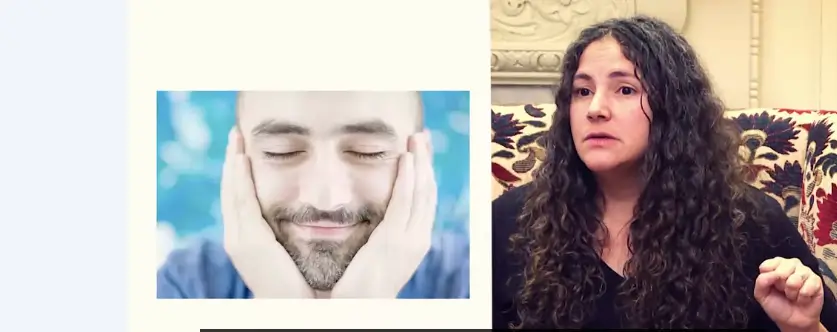
Module 6 delves into two strategies for attaining happiness. They sound simple and, at times, silly. However, they are incredibly effective. I loved learning about the mental contrasting concept and the WOOP method. The interview with Gabriele Oettingen (developer of the WOOP method) is 32 minutes long. Just skim the transcript if you don’t have the time to watch the video. But watching the video will ingrain the insights into the method better in your mind.
Rewirement Practices
If you go ‘That’s not a word’ looking at ‘rewirement’, I totally agree. But, it’s the term Santos used to describe the methods you can use to find happiness. Each module provides one technique/practice to help you get the feel of it. Modules 7-10 comprise the final rewirement challenge.
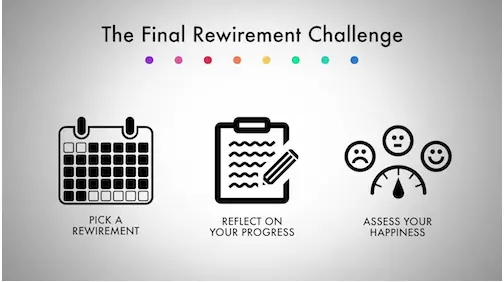
So, what do we do? We pick a rewirement from the nine provided, stick to it for a month, track your progress, and assess your happiness. In the final module, you have to submit the assignment using the given prompts. This is a graded, peer-reviewed assignment; so honesty is recommended.
Don’t think Santos leaves you high and dry after the lessons. She discusses with two of her students how the rewirement challenge went for them. You get the sense of obstacles you will face when trying to complete the challenge from that discussion. If you falter at any step of the process, the community of supportive learners will have your back.
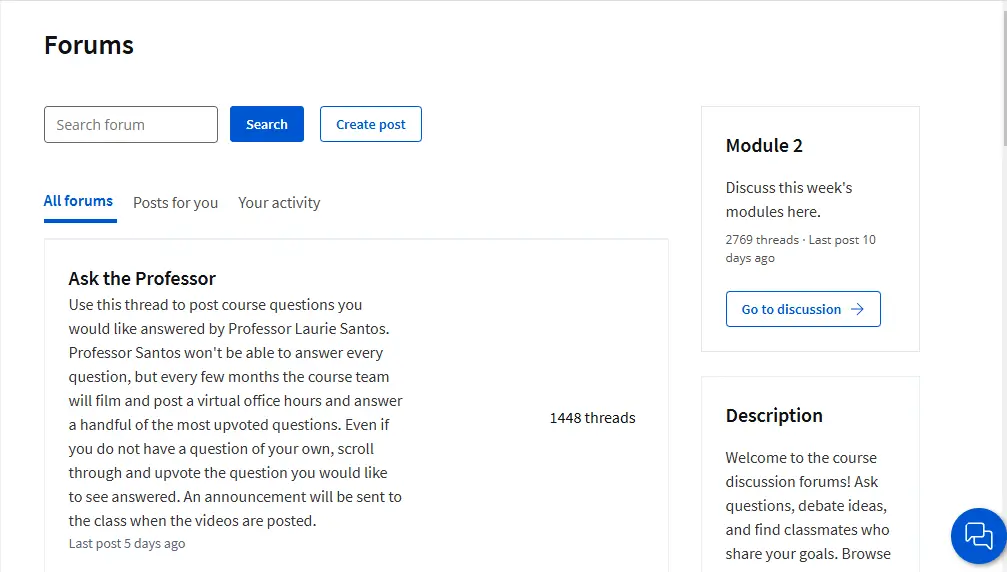
My Key Takeaways
- People frequently predict wrong the extent of their happiness and devastation.
- Social comparison can be disastrous without the right reference point.
- Impact bias (overestimation of emotional impact) doesn’t lessen with experience.
- Strive to get into the ‘Zone’.
- Extrinsic motivation can negatively affect intrinsic motivation.
- Time affluence is significant.
- Happiness comes with practice.
Pricing & Enrollment Options
The Science of Well-Being course cost is typically $29; however, the price may vary depending on the country you are in. Alternatively, you can subscribe to Coursera Plus to access 7,000+ courses including this one. You have to dole out $59/month or $399/year to subscribe. Fortunately, you can access the course materials and quizzes for free if you choose to audit the course.

Who Should Take This Course?
Anyone who wants to take control of their chaotic life, figure out what makes them happy, and develop strategies to combat the things that distract them from finding happiness should take this Science of Well-Being course.
Keep in mind that you have to practice what is taught. Otherwise, you will see no improvement in your happiness level or life.
What Others Say About This Course
I also dug up online reviews from past students to get the full scoop on what the course is really like. And this is what I found.
Learners generally feel satisfied with the course. They believe the course helped them become happier and eliminate their insecurities. On the flip side, some are annoyed with how the gravity of the problems people face is played down. Moreover, some found the content underwhelming.
However, I would be remiss if I didn’t say that I found the lessons helpful. Yes, it seems like the problems we face in real life are slightly oversimplified, but the fact is, this course isn’t for getting over life-crushing depression caused by things we have no control over. It’s about controlling the elements you can and becoming happier in day-to-day life.
Final Verdict: Is The Science of Well-being Worth It?
The Science of Well-Being Coursera course is valuable if you want to deal with and rise above life’s curveballs. The strategies and supportive community of learners ensure your life gets better.
However, don’t expect the class to wave all your problems away with a magic wand. The course is about realizing what truly provides happiness and rethinking our approach to life. You won’t suddenly become the happiest person in the world, but you will be better off for taking this course.
FAQs
1. Is the Science of Well-Being free?
Yes, it is one of the free courses on Coursera. However, you won’t get a certificate if you choose to audit the course instead of purchasing it.
2. Can I get the Science of Well-Being certificate for free?
No, it isn’t. You have to purchase the course or be a Coursera Plus member to get the certificate. However, you can watch the video lectures for free.
3. Does the Yale University course, Science of Well-Being really make you happy?
Just enrolling in the course and watching all the videos, won’t make you happy. You have to deliberately and consciously practice the techniques taught. If you do that, you will feel happier than before. That doesn’t mean you will never feel sad. You just get better at dealing with it.
